
List of Top Checklist Before Buying a Property in Dubai
Published :
Last Updated :

Published :
Last Updated :
Dubai's growing reputation in global real estate consistently attracts homeowners and investors, thanks to its opulent lifestyle, impressive infrastructure, high returns on investments, and tax exemptions. Despite the dynamism and promised potential returns, investors are still required to be cautious, diligent, and well-planned when buying a property in Dubai.
Buying property in Dubai is certainly a rewarding journey, yet careful planning is needed to strengthen investment potential and avoid pitfalls. This comprehensive blog will explore the key checklist before buying a property in Dubai. A prioritized checklist can help you navigate the transaction journey smoothly and also ensure the investment is secure by covering every aspect ahead of time. In a growing and dynamic market like Dubai, one is required to dedicate an extended period to careful and in-depth research on the below-mentioned steps.

It is recommended to understand property ownership types available in Dubai before investing in the real estate market which would confirm your eligibility for certain investment types.
Here's a breakdown of property ownership types for your ease;
Freehold areas allow foreign buyers to own or invest in the property without residency status. However, property investments worth AED 2 million or above may qualify you for a ten-year Golden Visa. Moreover, buyers may be granted a 2-year property visa on investments equal to or exceeding AED 750,000 at a lower degree.
Expatriates expecting to apply for a mortgage are required to check if they meet certain criteria, which include an age limit, a stable income, and residency requirements. It is also essential to acquire mortgage pre-approval to verify loan eligibility before exploring the properties for purchase. Also, make sure that you are entitled to financing via Dubai-registered banks.

To avoid financial distress, it is necessary to set a realistic budget. Here are the key points to hold on to before you look for a property;
In case you require funds for property ownership, the acquisition of mortgage pre-approval from a bank is of immense importance. The document delineates the terms and loan limits that differ based on specific conditions.
As mentioned earlier, Dubai's diverse property options undergo a change in rental yields and property appreciation. Hence, selecting an appropriate location serves as a key element and varies with the purpose of buying a property. Here is a classification of key areas to consider for a simplified choice;

Buying an off-plan property may include some risks, which is why it's essential to verify the developer's credentials and registration with the RERA (Real Estate Regulatory Authority). For promised returns and reliable investment projects, research thoroughly for top developers in Dubai to mitigate risks and maximize outcomes. RERA guarantees that developers align with legal obligations and safeguard buyer rights.
Before buying a property in Dubai, it is essential to check for outstanding liabilities, including any disputes, mortgages, or service charges. To make the transaction process smooth, acquire the updated No Objection Certificate (NOC) from the developers. The NOC is a conformity, showcasing that all the financial obligations are cleared by the seller.
Conformation of title deeds is crucial for ready properties. Buyers can check if the title deed is registered with the DLD (Dubai Land Department) to ensure the expulsion of any liabilities or legal disputes. Investors can also ask for a copy of the title deed from the real estate agent or the seller.
With diversity in property and off-plan projects, the developers in Dubai come with flexible payment procedures to robust the investment appeal while simplifying it for investors and buyers. Some common payment plan options include;
Although it is not mandatory to consider this in the checklist before buying property in Dubai, one can portray potential results. Working with an RERA-licensed agent can simplify the transaction process, and their valuable insights can greatly benefit you. A qualified agent will assist buyers in the following;
Before signing a sales and purchase agreement (SPA), the buyers are required to approve and sign a Memorandum of Understanding (MoU), one of the top checklists before buying a property in Dubai. The agreement outlines certain terms and conditions consented to by both parties, which typically involve handover timelines, prices, and payment procedures.

The construction of property snagging in Dubai is a crucial player, especially for ready properties. This discovers any minor or major defects or maintenance flaws, which helps in comprehending further details before finalizing the purchase.
For off-plan developments, developers require a "snagging period," during which buyers are guaranteed the right to report any defects or construction flaws that need renovation.
Service Charges differ with the type and location of the property. Buyers can also utilize the DLD Service Charge Index to calculate the annual service fees of a particular property.
The DLD holds the responsibility of transferring the property proprietorship, which necessarily involves the presence of both the seller and the buyer. The parties are also required to bring their legal representatives.
Now comes the final and utmost task: registering for utilities. This is one of the crucial steps once the property is transferred to the buyer's name.
Property purchase in Dubai seems a simple process, yet it involves intricacies to protect the state and parties involved in the process. However, The Dubai government has streamlined the transaction process via certain laws and regulations, thanks to the efficient system and administration, ensuring rewarding gains. Still, a clear knowledge of financial obligations, comprehensive planning, and legal due diligence are required from both buyers and investors before finalizing the deal.
Investors can mitigate risks by following the top checklist before buying a property in Dubai. Each step, including financing options, eligibility checks, types of ownership, and inspections, constitutes a fundamental aspect of ensuring a successful real estate journey. Buyers can enjoy the endless advantages of property proprietorship. The aforementioned steps contribute well to securing the best deals and making informed decisions.

Your gateway to offline planning in the digital realm. Discover a world of real estate opportunities through our immersive offline property website experience
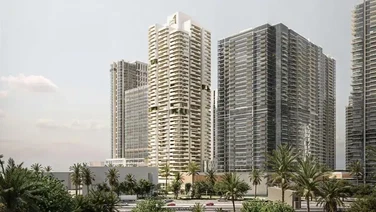
Apartments
Penthouses
Duplexes
AED 4,400,000
Al Wasl
2, 3, 4 & 5
1946 - 8253 Sq Ft
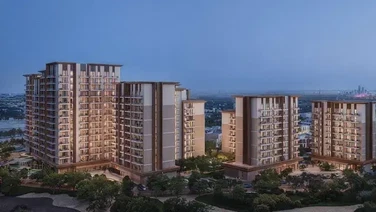
Apartments
AED 1,594,000
Expo City Dubai
1, 2 & 3
889 - 2403 Sq Ft

Apartments
Studios
AED 764,999
Jumeirah Village Circle
Studio, 1 & 2
341 - 1827 Sq Ft

Apartments
Penthouses
Townhouses
AED 2,500,000
Dubai Islands
1, 2 & 3
898 - 3312 Sq Ft
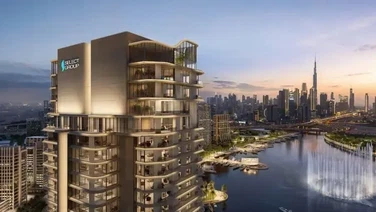
Apartments
Penthouses
Duplexes
AED Coming soon
Dubai Design District
1, 2, 3 & 4
738 - 7767 Sq Ft
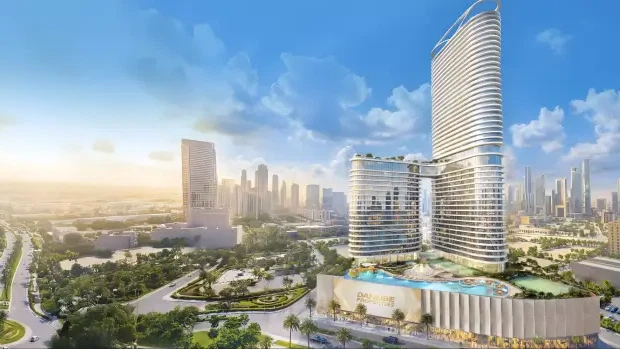
Apartments
AED 840,000
Jumeirah Village Circle
Studio, 1, 2 & 3
381 - 1326 Sq Ft

Apartments
Penthouses
Duplexes
AED 4,400,000
Al Wasl
2, 3, 4 & 5
1946 - 8253 Sq Ft

Apartments
AED 1,594,000
Expo City Dubai
1, 2 & 3
889 - 2403 Sq Ft

Apartments
Studios
AED 764,999
Jumeirah Village Circle
Studio, 1 & 2
341 - 1827 Sq Ft

Apartments
Penthouses
Townhouses
AED 2,500,000
Dubai Islands
1, 2 & 3
898 - 3312 Sq Ft

Apartments
Penthouses
Duplexes
AED Coming soon
Dubai Design District
1, 2, 3 & 4
738 - 7767 Sq Ft

Apartments
AED 840,000
Jumeirah Village Circle
Studio, 1, 2 & 3
381 - 1326 Sq Ft

Commercial
AED Coming soon
Damac Lagoons

Commercial
AED Coming soon
Business Bay

Commercial
AED Coming soon
Business Bay

Apartments
Commercial
Penthouses
AED 2,000,000
Meydan
1, 2 & 3
640 - 4244

Apartments
Commercial
AED 1,900,000
Sheikh Zayed Road
1, 2 & 3
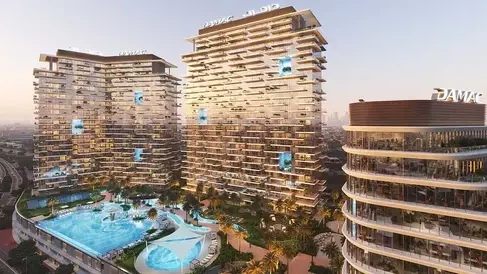
Apartments
Commercial
AED 1,142,000
Damac hills
1 & 2
740 - 6588 Sq Ft

Apartments
Penthouses
Duplexes
AED 4,400,000
Al Wasl
2, 3, 4 & 5
1946 - 8253 Sq Ft

Apartments
Penthouses
Duplexes
AED Coming soon
Dubai Design District
1, 2, 3 & 4
738 - 7767 Sq Ft

Apartments
Penthouses
Duplexes
AED 3,600,000
Downtown Dubai
1, 2, 3, 4, 5 & 6
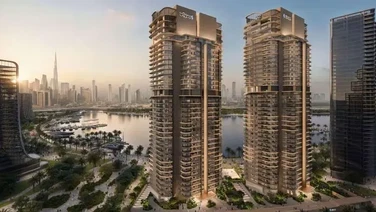
Apartments
Penthouses
Duplexes
AED 2,300,000
Dubai Design District
1, 2, 3 & 4
741 - 1988 Sq Ft
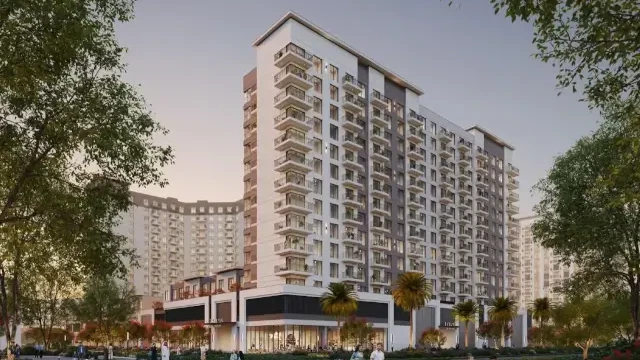
Apartments
Duplexes
AED 1,069,888
Town Square Dubai
1, 2 & 3
609 - 1808 Sq Ft
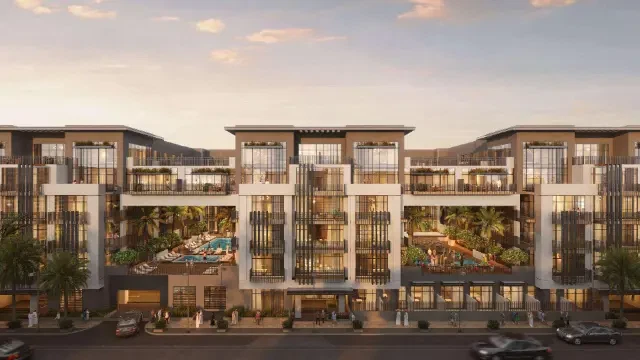
Apartments
Duplexes
Studios
AED 800,000
Jumeirah Village Circle
Studio, 1, 2 & 3
496 - 2,888 Sq Ft

Apartments
Penthouses
Mansions
AED Coming soon
Palm Jumeirah
2, 3, 4, 5 & 6
1541 - 12382 Sq Ft

Villas
Mansions
AED 20,000,000
Mohammed bin Rashid City
5 & 6
13,007 - 13,568 Sq Ft
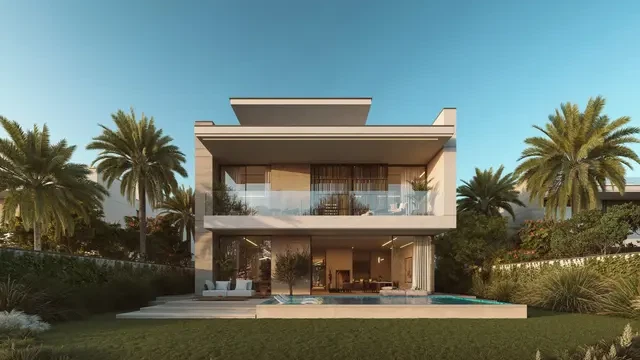
Villas
Mansions
AED 11,800,000
Jumeirah Golf Estates
4, 5 & 6
6069 - 10762 Sq Ft
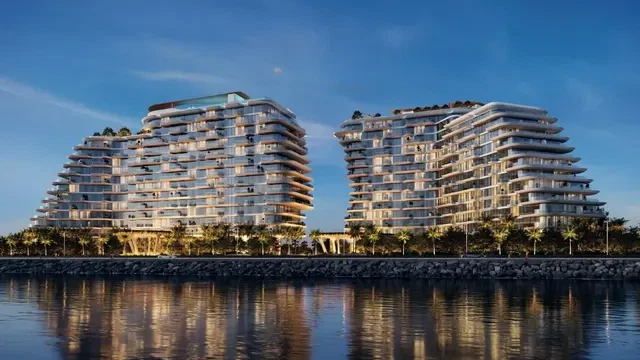
Apartments
Penthouses
Mansions
AED 5,500,000
Palm Jumeirah
1, 2, 3, 4, 5 & 6
940 - 11830 Sq Ft

Mansions
AED 65,000,000
Jumeirah
7
41550 - 49062 Sq Ft

Mansions
AED Coming soon
Tilal Al Ghaf
6 & 7

Apartments
Penthouses
Duplexes
AED 4,400,000
Al Wasl
2, 3, 4 & 5
1946 - 8253 Sq Ft

Apartments
Penthouses
Townhouses
AED 2,500,000
Dubai Islands
1, 2 & 3
898 - 3312 Sq Ft

Apartments
Penthouses
Duplexes
AED Coming soon
Dubai Design District
1, 2, 3 & 4
738 - 7767 Sq Ft

Apartments
Penthouses
Mansions
AED Coming soon
Palm Jumeirah
2, 3, 4, 5 & 6
1541 - 12382 Sq Ft

Apartments
Penthouses
Duplexes
AED 3,600,000
Downtown Dubai
1, 2, 3, 4, 5 & 6

Apartments
Penthouses
Duplexes
AED 2,300,000
Dubai Design District
1, 2, 3 & 4
741 - 1988 Sq Ft

Apartments
Studios
AED 764,999
Jumeirah Village Circle
Studio, 1 & 2
341 - 1827 Sq Ft

Apartments
Studios
AED 766,999
Jumeirah Village Triangle
Studio, 1 & 2
336 - 1859 Sq Ft

Apartments
Studios
AED Coming soon
Damac Lagoons
Studio, 1 & 2
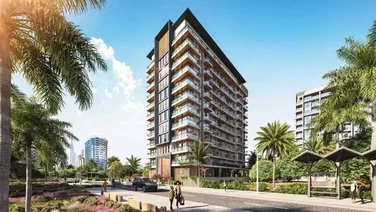
Apartments
Studios
AED 580,000
Dubai Land Residence Complex
Studio, 1 & 2
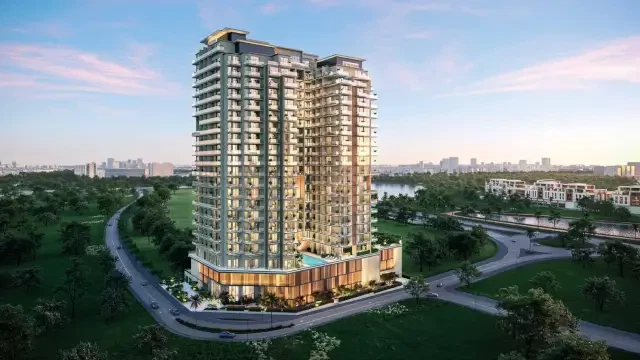
Apartments
Studios
AED 650,000
Dubai Production City
Studio, 1, 2 & 3
404 - 2092 Sq Ft
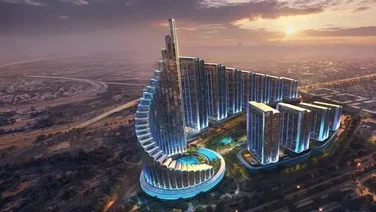
Apartments
Studios
AED 1,600,000
Meydan
Studio, 1, 2 & 3
370 - 1568 Sq Ft

Apartments
Penthouses
Townhouses
AED 2,500,000
Dubai Islands
1, 2 & 3
898 - 3312 Sq Ft

Villas
Townhouses
AED Coming soon
Dubailand
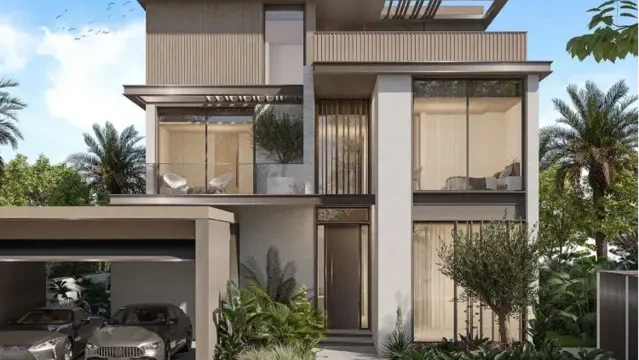
Villas
Townhouses
AED 6,150,000
Nad Al Sheba
3, 4 & 5
3252 - 5650 Sq Ft
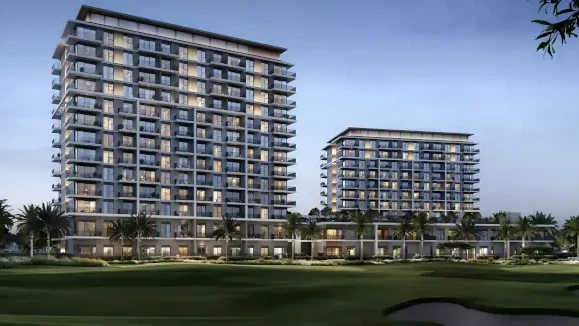
Apartments
Townhouses
AED 1,270,000
Emaar South
1, 2 & 3
788 - 2728 Sq Ft
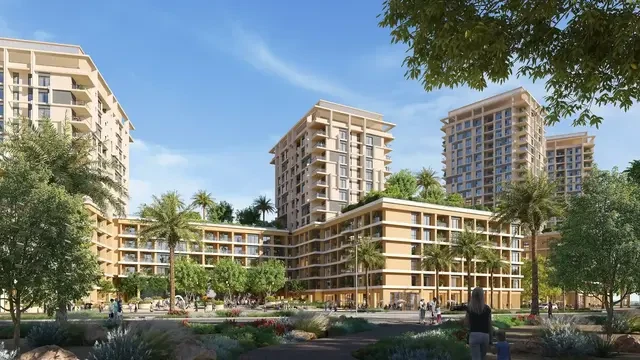
Apartments
Studios
Penthouses
Townhouses
Duplexes
AED 900,000
Wasl Gate
Studio, 1, 2, 3 & 4
523 - 1982 Sq Ft

Villas
Townhouses
AED Coming soon
Dubai Investments Park

Villas
AED 16,550,000
The Oasis
4, 5 & 6
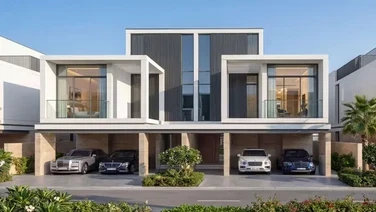
Villas
AED Coming soon
Sobha Sanctuary
4 & 5
2520 - 4154 Sq Ft
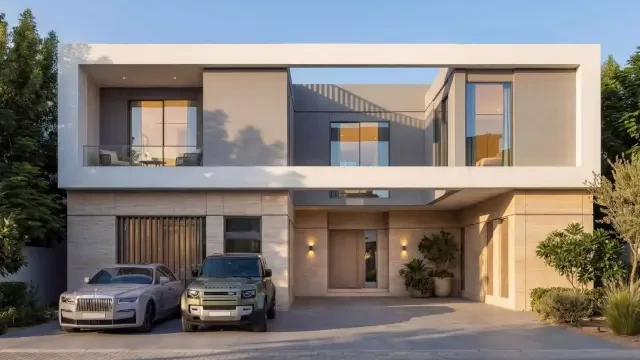
Villas
AED Coming soon
Sobha Sanctuary
4, 5 & 6
4905 - 7191 Sq Ft
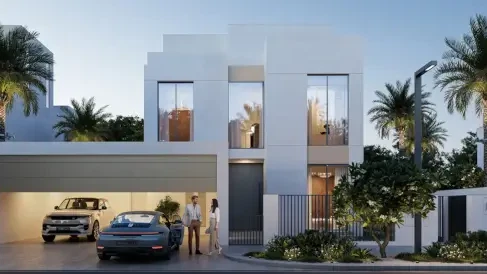
Villas
AED Coming soon
The Heights Country Club & Wellness
3, 4 & 5

Villas
AED Coming soon
Nad Al Sheba
3, 4, 5 & 6

Villas
Townhouses
AED Coming soon
Dubailand
Subscribe to our Daily, Weekly and Monthly Newsletters, Expert Advice and Latest Launch with Zero Spam, Unsubscribe Anytime.